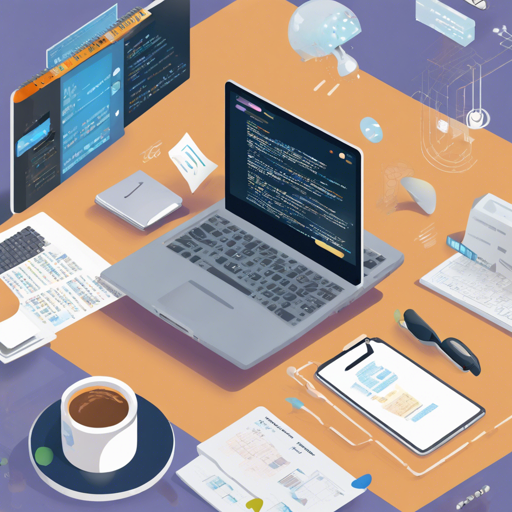Flutter, a powerful framework for building cross-platform mobile applications, has gained immense popularity among developers. If you’re gearing up for a Flutter job interview, this guide will help you navigate the commonly asked questions and their answers seamlessly.
Understanding Flutter Widgets
- What is the difference between a StatelessWidget and a StatefulWidget?
- Explain the Stateful Widget Lifecycle.
createState()initState()didChangeDependencies()build()setState()deactivate()dispose()
A StatelessWidget is like a postcard – it doesn’t change once it’s sent. In contrast, a StatefulWidget is like a video call – the interaction can change based on the conversation, allowing it to redraw itself during the app’s runtime.
The lifecycle of a Stateful Widget consists of several phases:
This lifecycle is crucial for managing the state efficiently within Flutter apps.
Optimizing Flutter Performance
- What is Flutter tree shaking?
- What is a Spacer widget?
Tree shaking in Flutter is akin to cleaning out a closet. It eliminates unnecessary items (or code) to make the application smaller and faster. Only the essential code is bundled, ensuring optimal performance.
The Spacer widget manages spacing in Flex containers, much like placing cushions between people on a couch to maintain personal space.
Effective State Management
- What is the difference between Hot Restart and Hot Reload?
- How to dynamically update a ListView?
Hot Reload updates the user interface in a live setting without losing the current state, while Hot Restart resets the app state, akin to restarting a game console to start anew.
To update a ListView dynamically, use setState to change the item’s source and rebuild the UI, just like refreshing a playlist as new songs come in.
Advancing with Flutter
- What are Keys in Flutter, and how should you use them?
- What is an InheritedWidget?
Keys help Flutter distinctively identify widgets in specific situations. They are similar to keys used in a hierarchy to differentiate rooms – maintaining order and clarity.
An InheritedWidget acts like a shared family recipe that can be accessed by all family members, allowing data to be passed through the widget tree efficiently.
Troubleshooting Flutter Applications
While preparing for your Flutter interview, consider these troubleshooting strategies:
- Double-check your widget implementations for state management issues.
- Ensure you’re utilizing the right lifecycle methods when handling Stateful Widgets.
- Use Flutter’s debugging tools to identify layout and rendering issues.
- Review the documentation regarding async programming to understand Futures and Streams better.
For more insights, updates, or to collaborate on AI development projects, stay connected with fxis.ai.
Conclusion
Understanding the nuances of Flutter is vital for any aspiring developer. The questions and answers in this article provide a solid foundation for your interview preparation. Remember, practice makes perfect!
At fxis.ai, we believe that such advancements are crucial for the future of AI, as they enable more comprehensive and effective solutions. Our team is continually exploring new methodologies to push the envelope in artificial intelligence, ensuring that our clients benefit from the latest technological innovations.

